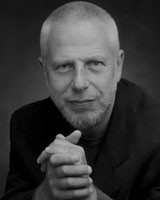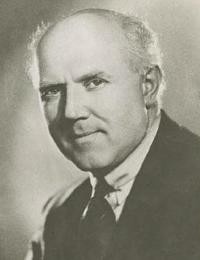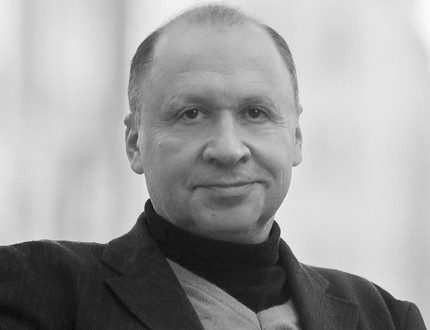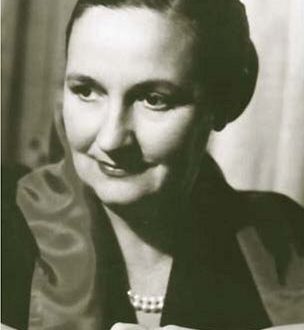
Vladimir Oskarovich Feltsman |
Vladimir Feltsman

At first, everything went extremely well. Authoritative musicians drew attention to the talent of the young pianist. D. B. Kabalevsky treated him with great sympathy, whose Second Piano Concerto was brilliantly performed by Volodya Feltsman. At the Central Music School, he studied with the excellent teacher B. M. Timakin, from whom he moved to Professor Ya. V. Flier in the senior classes. And already at the Moscow Conservatory, in the Flier class, he developed truly by leaps and bounds, demonstrating not only pianistic talent, but also early musical maturity, a broad artistic outlook. He was avidly interested not only in music, but also in literature, philosophy, and the visual arts. Yes, and diligence he was not to occupy.
All this brought Feltsman victory in 1971 at the International Competition named after M. Long – J. Thibault in Paris. Describing his student then, Flier said: “He is a very bright pianist and a serious, despite his young age, musician. I am impressed by his passion for music (not only piano, but the most diverse), his perseverance in learning, in striving for improvement.
And he continued to improve after winning the competition. This was facilitated by the studies at the conservatory that continued until 1974 and the beginning of concert activity. One of the first public performances in Moscow is, as it were, a response to the Paris victory. The program was composed of works by French composers – Rameau, Couperin, Franck, Debussy, Ravel, Messiaen. The critic L. Zhivov then noted: “A pupil of one of the best masters of Soviet pianism, Professor Ya. subtle sense of form, artistic imagination, coloristic interpretation of the piano.
Over time, the pianist actively increased his repertoire potential, each time demonstrating the independence of his artistic views, sometimes absolutely convincing, sometimes controversial. The names of Beethoven, Schubert, Schumann, Chopin, Rachmaninoff, Prokofiev, Shostakovich can be added to the leading figures of French music, if we talk about the artist’s meaningful programs, although all this, of course, does not exhaust his current repertoire preferences. He won the recognition of the public and experts. In a review of 1978, one could read: “Feltsman is organic behind the instrument, moreover, his pianistic plasticity is devoid of external impressiveness that distracts attention. His immersion in music is combined with the rigor and logic of interpretations, complete technical emancipation always relies on a clearly, logically outlined performance plan.
He has already taken a firm place on the stage, but then a period of many years of artistic silence followed. For various reasons, the pianist was denied the right to travel to the West and work there, but he managed to give concerts in the USSR only in fits and starts. This continued until 1987, when Vladimir Feltsman resumed his concert activity in the USA. From the very beginning, it acquired a large scale and was accompanied by a wide resonance. The pianist’s bright individuality and virtuosity no longer raise doubts among critics. In 1988, Feltsman began teaching at the Piano Institute at the State University of New York.
Now Vladimir Feltsman leads an active concert activity all over the world. In addition to teaching, he is the founder and artistic director of the Festival-Institute Piano Summer and has an extensive discography recorded at Sony Classical, Music Heritage Society and Camerata, Tokyo.
He lives in New York.
Grigoriev L., Platek Ya., 1990





